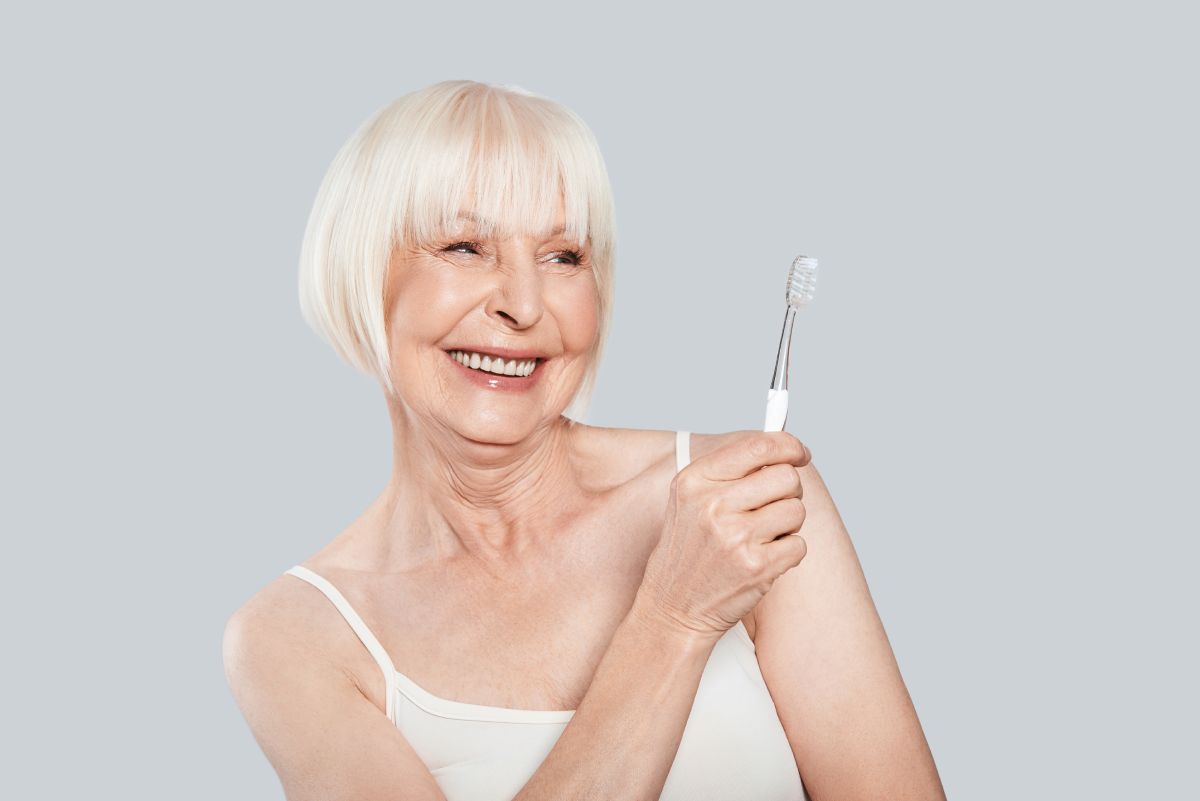How To Choose The Best Senior-Friendly Toothbrushes

Choosing the right toothbrush is essential for maintaining good oral health, especially for older adults. As we age, our gums and teeth can become more sensitive, making daily dental care not just a routine but a necessity for overall well-being. This blog explores how to select the best senior-friendly toothbrushes that combine ease of use with effective cleaning.
Understanding Senior Dental Needs
Oral health is vital at any age, but for seniors, it requires special attention. Aging can bring challenges such as reduced mobility, less saliva production and increased sensitivity in the gums and teeth. These changes make choosing the right toothbrush even more important.
Look For Soft Bristles
The first thing to consider is the bristle type. Soft bristles are a must for seniors because they are gentle on the gums and teeth. Hard bristles can cause damage and lead to discomfort, so it's best to stick with soft-bristled toothbrushes for daily use.
Consider The Handle
The handle of the toothbrush matters a lot. Look for handles that are easy to hold and grip, especially for those with arthritis or hand mobility issues. Toothbrushes with larger, non-slip handles can make brushing easier and more comfortable.
Electric Versus Manual Toothbrushes
Electric toothbrushes can be a great choice for seniors. They require less manual effort and can be more effective in removing plaque. However, manual toothbrushes can also be suitable if they have the right features, like soft bristles and an ergonomic handle.
Choose The Right Head Size
The toothbrush head should fit comfortably in the mouth and reach all areas easily. A smaller head size can be better for seniors, allowing for precise cleaning around each tooth and hard-to-reach areas.
Ease Of Use
The overall ease of use is crucial. Whether you choose an electric or manual toothbrush, it should be simple to operate. For electric models, look for ones with simple on/off buttons and easy-to-change brush heads.
Sensitivity Consideration
If there is sensitivity in the gums or teeth, consider toothbrushes designed specifically for sensitive mouths. These toothbrushes have extra-soft bristles and are designed to be particularly gentle on the teeth and gums.
Affordability And Availability
While the health benefits are the priority, the cost and availability of replacement heads for electric toothbrushes or new manual toothbrushes should also be considered. Opting for a model that combines quality with affordability ensures that maintaining oral health doesn't become a financial burden.
Consult With A Dental Professional
It's always a good idea to talk to a dentist or dental hygienist about the best toothbrush options for your specific needs. They can provide personalized recommendations based on your oral health status.
Regular Replacement
Regardless of the type of toothbrush, it's important to replace it regularly. For manual toothbrushes, every three to four months is a good rule of thumb, or sooner if the bristles become frayed. Electric toothbrush heads should also be replaced according to the manufacturer's recommendations.
By keeping these factors in mind, residents and their families, can choose the toothbrush that best meets their dental care needs in a retirement community. Retirement communities provide the essential services and amenities with a range of senior living options for you to take care of your well-being. Selecting the right senior-friendly toothbrushes ensures that daily brushing is effective, comfortable and manageable, contributing to overall health and well-being.
